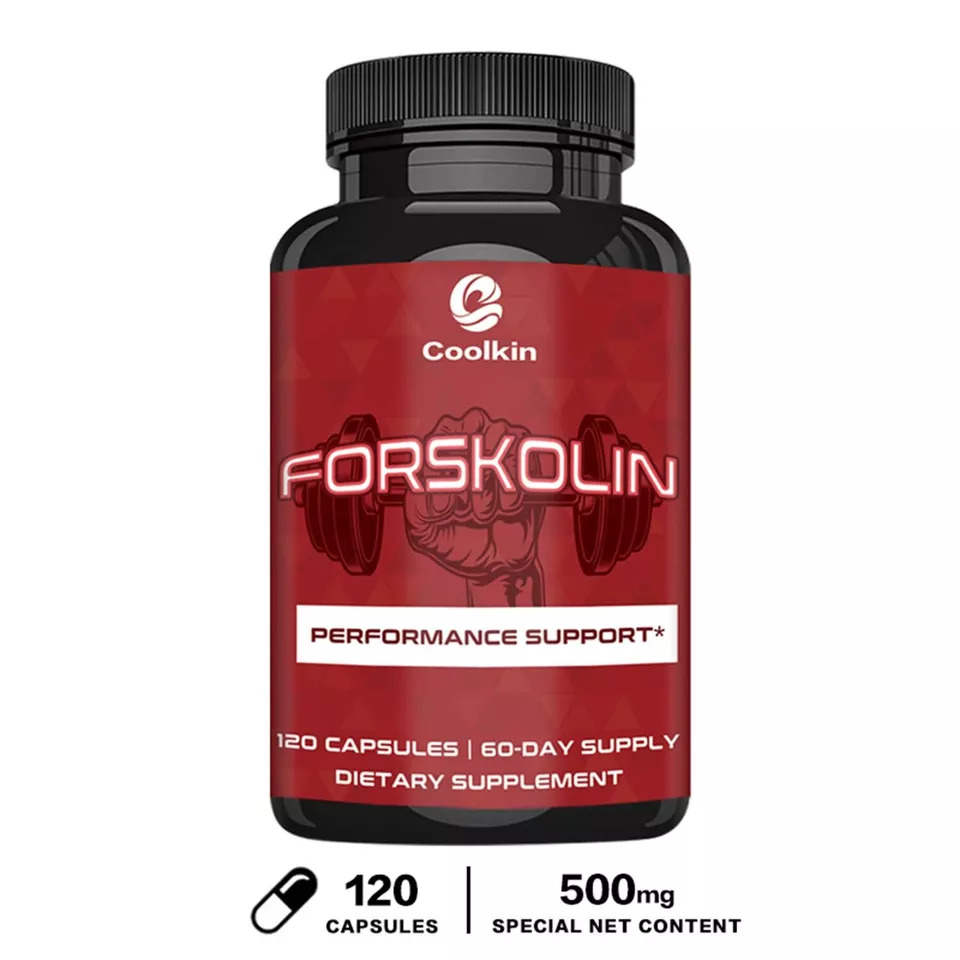
The desire for a fit, toned body has led many to explore a variety of methods for weight loss, with weight loss supplements being a prominent option. With promises of fast and effortless weight reduction, it’s no wonder that weight loss supplements have become a staple in the pursuit of the “dream body.” However, the question remains: are these supplements really a shortcut to your ideal physique, or are they just another fleeting trend in the world of fitness and health? We will take an in-depth look at weight loss supplements, how they work, their potential benefits and risks, and how they compare to other essential tools like exercise and diet. We will also examine the role of vitamins and supplements in supporting weight loss and whether they offer any tangible benefits in achieving long-term results. Let’s explore whether weight loss supplements are truly the magic solution they are often advertised to be, or if they fall short in providing a lasting solution.
What is Weight Loss Supplements?
To understand the effectiveness of Weight Loss Best Supplements, we first need to define what they are and how they work. Weight loss supplements are products that claim to help individuals lose weight through various mechanisms, such as boosting metabolism, reducing appetite, blocking fat absorption, or increasing fat burning. These supplements typically contain a combination of herbs, vitamins, minerals, and other active compounds that are thought to have effects on body weight.
Common ingredients in weight loss supplements include caffeine, green tea extract, garcinia cambogia, CLA (conjugated linoleic acid), and forskolin. Some of these ingredients have been shown to have a modest impact on weight loss, while others have little to no evidence supporting their claims. The efficacy of weight loss supplements often varies depending on the individual’s body, lifestyle, and the specific product being used.
The Science Behind Weight Loss Supplements
While many weight loss supplements are marketed as “miracle pills” or “magic solutions,” the reality is far less glamorous. Scientific research on weight loss supplements is mixed, and the results vary widely based on the ingredients and the individual’s response. Some supplements may provide temporary or minor benefits, but most are unlikely to result in significant weight loss on their own.
1. Effectiveness of Common Ingredients
- Caffeine: One of the most common ingredients in weight loss supplements, caffeine is a stimulant that can increase metabolic rate and promote fat burning. Studies have shown that caffeine can slightly increase fat loss, but the effects are typically modest, especially for individuals who regularly consume caffeine.
- Green Tea Extract: Green tea extract contains catechins, compounds that may help increase fat oxidation and energy expenditure. Some studies suggest that green tea extract can enhance fat burning, particularly during exercise, though the overall effect on weight loss is small.
- Garcinia Cambogia: Garcinia cambogia is a tropical fruit extract that has gained popularity as a fat-burning supplement. While some studies have shown modest weight loss results, others have found no significant effects. More research is needed to determine its effectiveness.
- CLA (Conjugated Linoleic Acid): CLA is a fatty acid found in dairy products and meat that has been marketed as a fat-burning supplement. Some research suggests that CLA can help reduce body fat, but the results are inconsistent, and it may not work for everyone.
- Forskolin: Derived from the root of the coleus plant, forskolin has been promoted as a fat-burning supplement. However, studies on forskolin have yielded mixed results, and more research is needed to understand its potential benefits.

2. The Placebo Effect
A significant factor to consider when using Weight Management Supplements is the placebo effect. The placebo effect occurs when individuals believe they are experiencing the benefits of a treatment, even if the treatment itself has no therapeutic effects. In the case of weight loss supplements, individuals may perceive weight loss due to their belief in the product’s efficacy, even if the actual results are minimal.
The Limitations of Weight Loss Supplements
Despite the claims made by supplement manufacturers, weight loss supplements are not a cure-all for obesity or excess weight. To achieve sustainable weight loss, several key factors must be taken into account:
1. Dietary Changes
The foundation of any successful weight loss journey is a healthy, balanced diet. No supplement can replace the need for proper nutrition. Consuming a diet rich in fruits, vegetables, whole grains, lean proteins, and healthy fats is crucial for long-term success. Weight loss supplements may offer a temporary boost, but without proper dietary changes, they are unlikely to lead to lasting results.
2. Exercise
Exercise plays an essential role in weight loss and overall health. Regular physical activity, particularly cardiovascular exercise and strength training, can help burn calories, improve metabolism, and build lean muscle mass. Combining exercise with a balanced diet is the most effective approach to achieving and maintaining a healthy body weight.
3. Lifestyle and Habits
Adopting healthy lifestyle habits, such as getting enough sleep, managing stress, and staying hydrated, can also support weight loss efforts. Lack of sleep and chronic stress can disrupt hormone levels, making it harder to lose weight. Supplements alone cannot counteract the negative effects of poor lifestyle choices.
The Role of Vitamins and Supplements in Weight Loss
In addition to weight loss supplements specifically designed to burn fat or suppress appetite, Best Organic Vitamins and Supplements are often promoted as tools that can support overall health during the weight loss process. While vitamins and supplements do not directly lead to weight loss, they can play a crucial role in enhancing your efforts and helping you maintain a balanced, healthy body.
1. Supporting Metabolism
Certain vitamins and minerals are essential for the proper functioning of the body’s metabolism. B vitamins, for example, are known for their role in energy production and can help improve the body’s ability to burn calories more efficiently. Vitamin B12 is one of the most important B vitamins when it comes to metabolism, as it aids in converting food into energy. A deficiency in vitamin B12 can lead to fatigue and reduced metabolic function, which can hinder weight loss efforts.
Similarly, vitamin D is essential for maintaining overall health and has been linked to improved metabolism and fat storage regulation. Low levels of vitamin D can contribute to weight gain, and supplementing with vitamin D may improve fat loss, particularly in individuals who are deficient.
2. Appetite Regulation
Some vitamins and supplements are believed to play a role in appetite control. For instance, vitamin D has been shown to impact the regulation of hunger hormones, while fiber supplements can help promote satiety, reducing the urge to overeat. Omega-3 fatty acids, found in fish oil and other supplements, are also linked to improved appetite regulation and fat metabolism, making them valuable additions to any weight loss plan.
3. Fat Burning and Energy Boosting
Certain supplements, such as green tea extract, contain compounds like catechins that have been shown to increase fat oxidation and boost energy expenditure. Green tea extract is often included in weight loss supplements because of its potential to increase the body’s ability to burn fat, particularly during exercise. Similarly, caffeine is a well-known stimulant that increases thermogenesis, the process by which the body generates heat and burns calories. While caffeine may give you an energy boost and temporarily increase fat burning, its long-term effects on weight loss are still debated, and it can lead to side effects like jitteriness and disrupted sleep patterns.
Conclusion
Weight loss supplements, including vitamins and supplements, can be part of a weight loss plan, but they are not a shortcut to your dream body. The best way to achieve lasting results is through a combination of balanced nutrition, regular physical activity, and a healthy mindset. While certain supplements may offer support, they should be used as a complement to, not a replacement for, a holistic approach to weight management. Remember, there are no shortcuts when it comes to achieving and maintaining a healthy body — patience, consistency, and a sustainable lifestyle are the true keys to success.